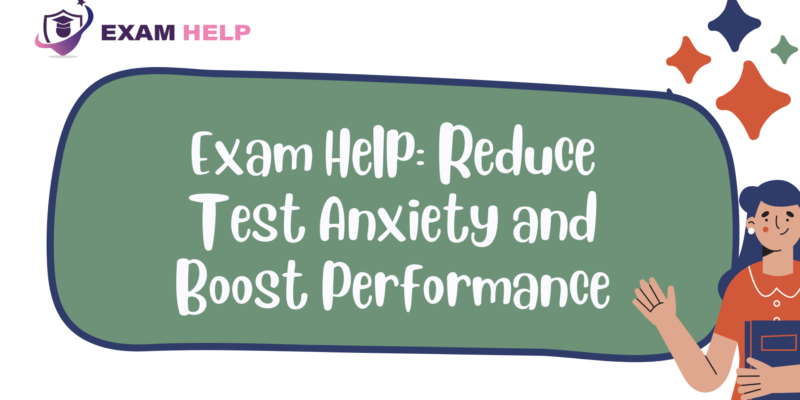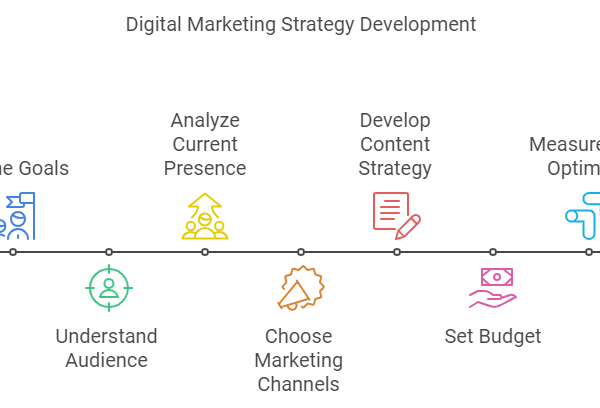
Exams can be a source of significant stress and anxiety for students of all ages. Whether you’re in high school, college, or pursuing professional certifications, the pressure to perform well can feel overwhelming. Fortunately, with the right strategies and a proactive approach, you can turn the tide in your favor. This article provides essential exam help tips to help you succeed in your next test and boost your academic performance.
1. Start Early and Plan Ahead
One of the most effective exam help strategies is to start preparing well in advance. Procrastination is the enemy of success when it comes to exams. Create a study schedule that breaks down your study material into manageable chunks. Allocate specific times each day to focus on different subjects or topics. This approach not only helps in covering the syllabus comprehensively but also reduces last-minute cramming.
2. Understand the Exam Format
Familiarizing yourself with the exam format is crucial. Different exams have different structures, such as multiple-choice questions, essays, or practical tasks. Understanding the format will help you tailor your study techniques accordingly. Practice with past papers or sample questions to get a feel for the types of questions that might be asked.
3. Create a Conducive Study Environment
Your study environment plays a significant role in your ability to concentrate and retain information. Find a quiet, well-lit space free from distractions. Ensure that your study area is organized, with all necessary materials within reach. This will help you stay focused and make the most of your study time.
4. Use Active Learning Techniques
Passive reading is often not enough to retain information effectively. Instead, use active learning techniques such as summarizing information in your own words, creating flashcards, or teaching the material to someone else. These methods engage your brain more deeply and improve your understanding and recall.
5. Take Regular Breaks
Studying for long periods without breaks can lead to burnout and decreased productivity. Implement the Pomodoro Technique or a similar approach, where you study for a set period (e.g., 25 minutes) and then take a short break (e.g., 5 minutes). These breaks can help refresh your mind and maintain your focus over longer study sessions.
6. Stay Healthy
Physical health significantly impacts mental performance. Ensure you get enough sleep, eat nutritious meals, and stay hydrated. Regular exercise can also improve concentration and reduce stress. Avoid excessive caffeine and sugary snacks, as these can lead to energy crashes.
7. Practice Past Papers
Practicing with past exam papers is one of the best forms of exam help. It allows you to familiarize yourself with the types of questions that may be asked and identify areas where you need further review. Time yourself while doing these practice papers to simulate exam conditions and improve your time management skills.
8. Join Study Groups
Studying with peers can provide a different perspective and enhance your learning experience. Joining or forming a study group allows you to discuss difficult concepts, share notes, and test each other’s knowledge. However, ensure that the group stays focused and doesn’t turn into a social gathering.
9. Seek Professional Exam Help
Sometimes, self-study might not be enough, and seeking online exam help can make a significant difference. Tutors or assignment help services can provide personalized guidance, address your specific weaknesses, and offer valuable resources. They can help you develop effective study strategies tailored to your needs.
10. Manage Exam Anxiety
Exam anxiety is a common issue that can hinder performance. To manage anxiety, practice relaxation techniques such as deep breathing, meditation, or visualization. On the day of the exam, arrive early to settle in and get comfortable with the environment. Remember, being well-prepared is the best way to boost your confidence and reduce anxiety.
11. Review and Reflect
After each study session, take a few minutes to review what you’ve learned and reflect on your progress. This can help reinforce the material in your memory and identify any areas that need more attention. Additionally, after the exam, review your performance to understand what strategies worked well and what could be improved for future exams.
Conclusion
Preparing for exams doesn’t have to be an overwhelming experience. By implementing these proven exam help strategies, you can improve your study habits, enhance your understanding of the material, and boost your overall performance. Remember, the key to success is consistent effort, effective planning, and a positive mindset. With these tools in hand, you’re well on your way to acing your next test.











